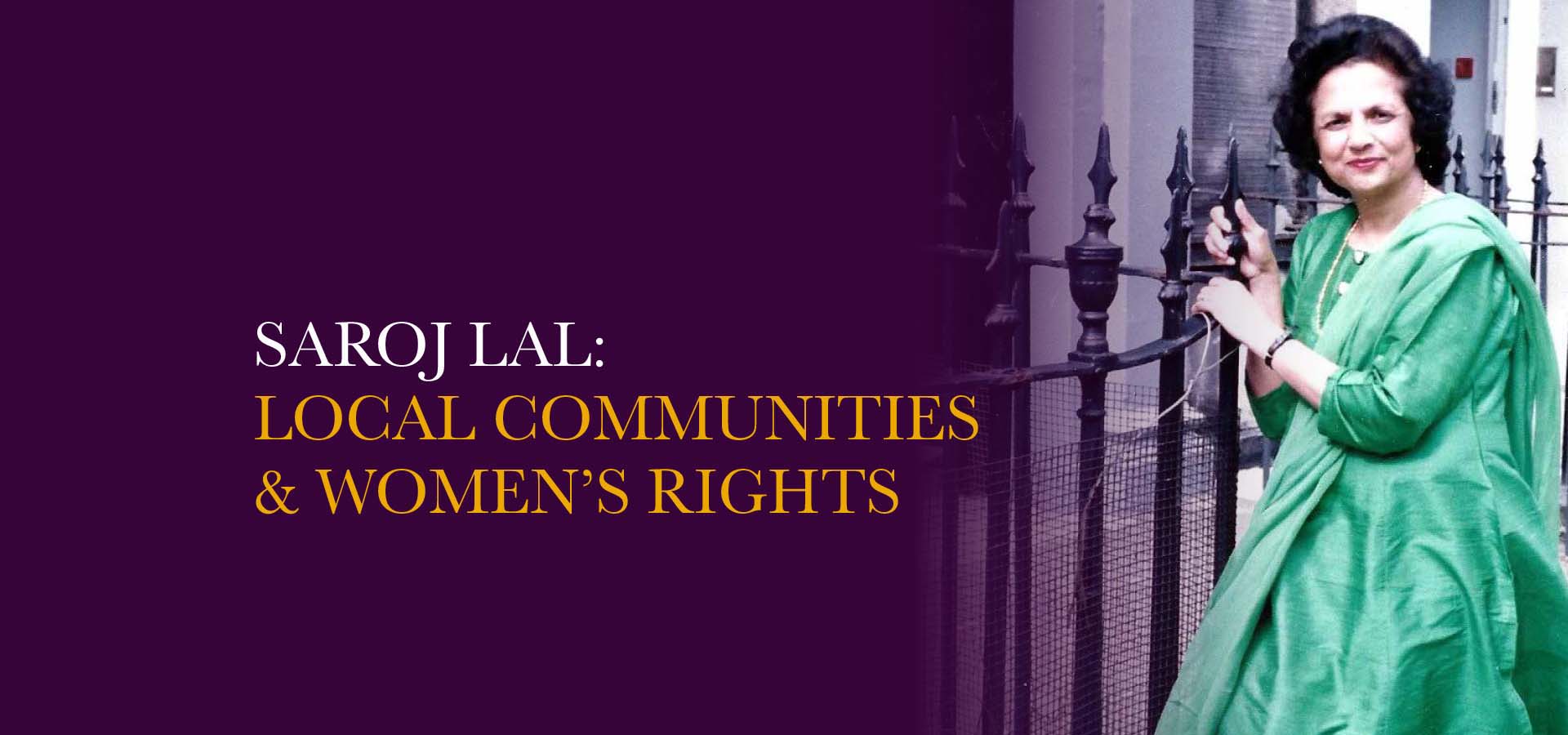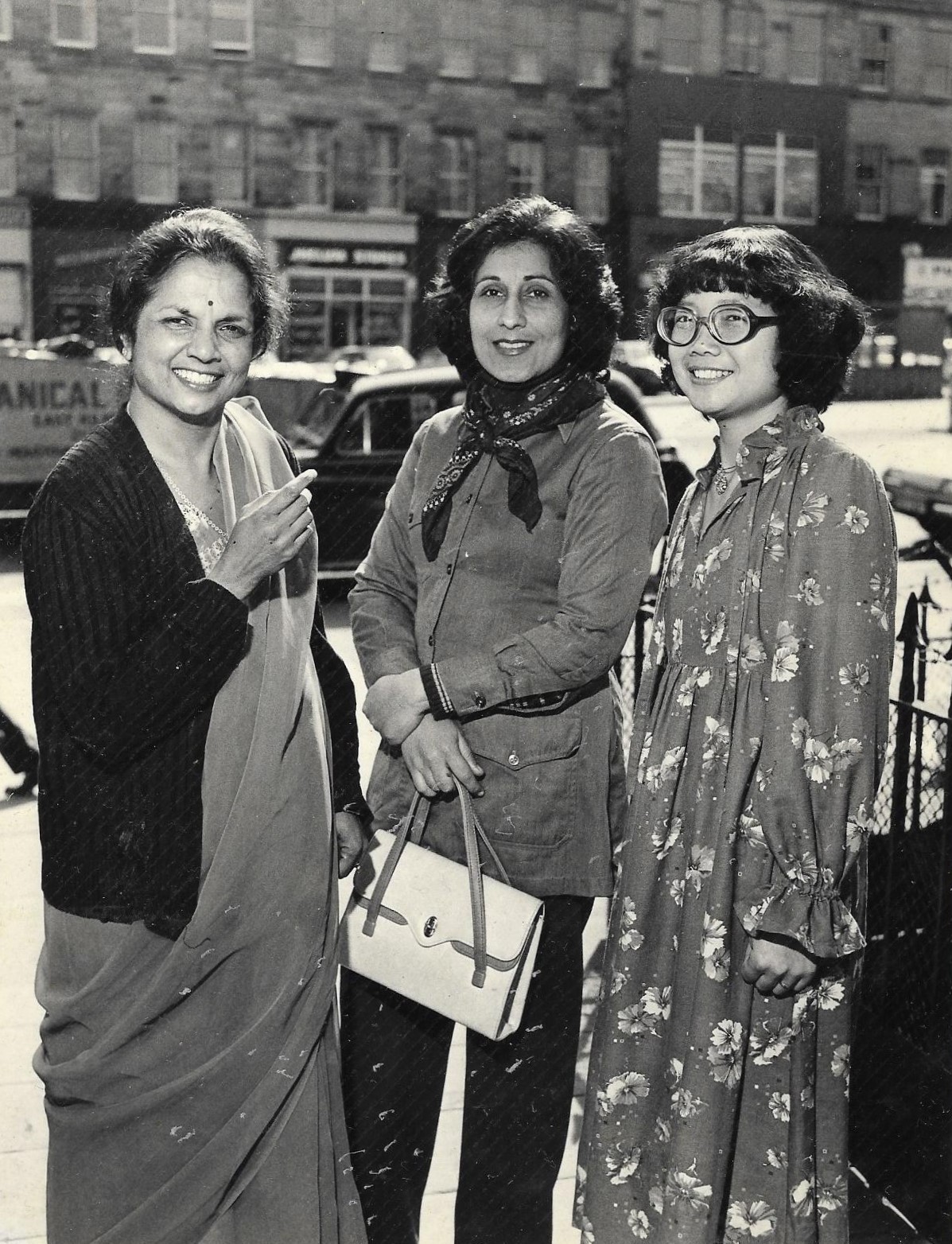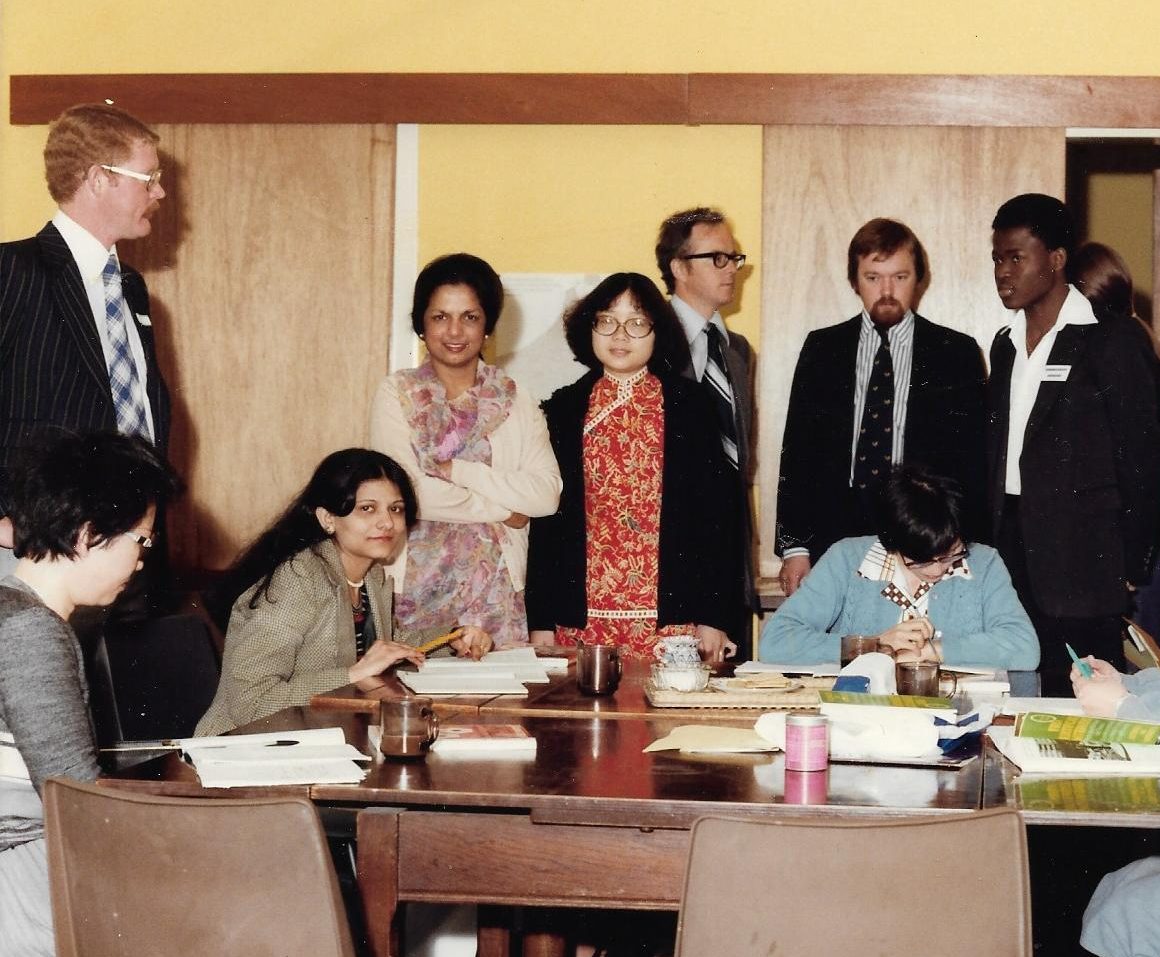


She had decided to spend more time working with local communities, particularly with women who were originally from other countries – mostly from India, like Saroj – but who had made their home in Edinburgh. She wanted to make life fairer for everyone, no matter what their gender, race or religion.
It was hardly surprising that she chose this path, as she was continuing in her father’s footsteps. He had been a politician who had spent his life fighting for India’s independence from British rule, and for democracy and equality for the Indian people.
Because of her training as a teacher, she spent a lot of time visiting schools to talk about different cultures and living together with respect. She talked to pupils and their teachers about how it was important to be tolerant and understanding, and to share their customs and beliefs in the classroom.
This was challenging, because many of the books and resources used in schools presented a negative picture of black and Asian people, or didn’t include them at all. Saroj campaigned for change, and set up Edinburgh’s first-ever ethnic library with books, music and videos at McDonald Road.
To help those who couldn’t speak English, she created an interpreting and translating service, and encouraged minority children to learn their own languages too. She wanted Asian girls to have jobs and careers, so she developed a special course at Telford College which allowed young women to continue their studies and become independent. She also took a group of young Asian people to Munich for an educational visit.
Everything she did was based on equality, diversity and justice.
Nicholas Jenkins
Saroj’s former pupil, now a lawyer in the USA

